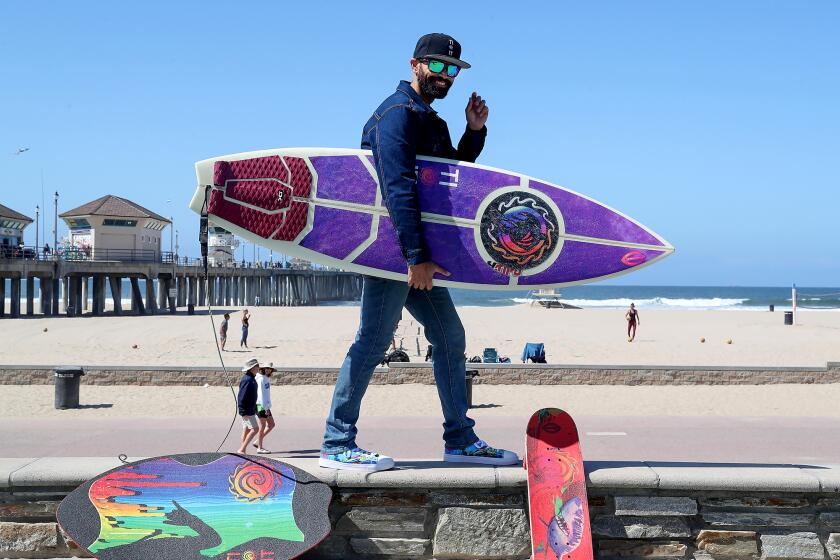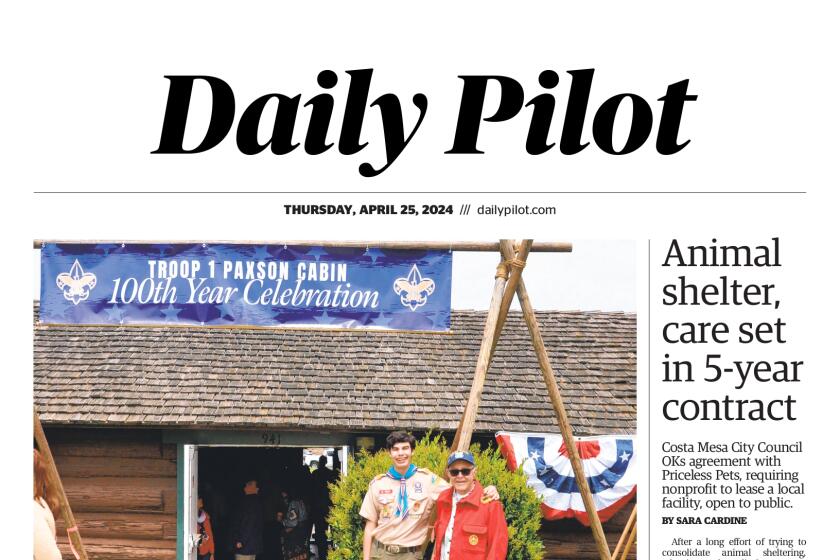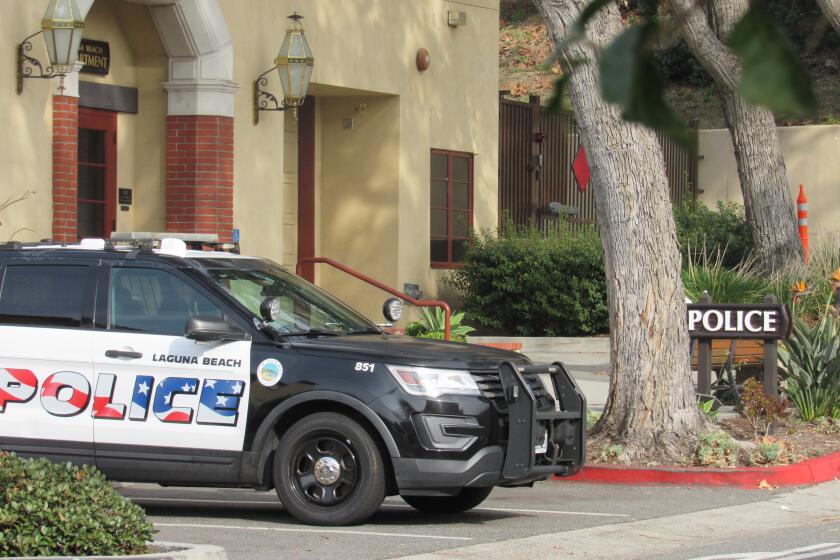Woods’ conviction upheld
An appeals court has upheld the conviction of a Huntington Beach man who fatally struck a 14-year-old bicyclist with his truck.
Jeffrey Woods, who was found guilty in November 2009 of gross vehicular manslaughter while intoxicated and sentenced to six years in prison, appealed the jury’s decision, arguing that the court erroneously admitted evidence of his text messaging before the crash and that it failed to prove that he was impaired while driving.
In a 13-page ruling issued May 20, three judges from the 4th Appellate District court declared that neither of Woods’ contentions had merit and affirmed the jury’s decision.
Defense attorney Scott Well said he was disappointed in the ruling and that an appellate attorney had filed a petition for a rehearing of Woods’ case.
“Obviously, I’m very disappointed with the ruling because it seems very clear to me that there were some issues in the court that went in a direction they shouldn’t have gone,” Well said.
Woods struck Sowers Middle School student Danny Oates, who was bicycling to school with a friend to get their schedules for the upcoming school year, on Aug. 29, 2007. Evidence showed that he had sent numerous text messages about obtaining prescription medication in the 24 hours before the crash, with the final message coming about a minute before he struck Oates.
The prosecution claimed that Woods had Vicodin, a painkiller, and Xanax, which is used to treat anxiety, in his system at the time, while the defense argued that he was not impaired and had suffered an epileptic seizure.
Woods, in his appeal, argued that evidence did not prove he was impaired by the drugs, a claim the judges labeled “nonsense.”
Although no field sobriety test had been conducted on Woods due to his injuries after the crash, the judges declared that testimony regarding the effects of the drugs and Woods’ driving amounted to sufficient evidence.
Woods also argued that the evidence of the text messages was irrelevant to whether he was impaired at the time and that it unduly prejudiced the jury. The appeals court, though, ruled that the texting supported other evidence of Woods’ intoxication and that it did not emotionally bias the jury because the details of the crash were far more disturbing.
All the latest on Orange County from Orange County.
Get our free TimesOC newsletter.
You may occasionally receive promotional content from the Daily Pilot.



